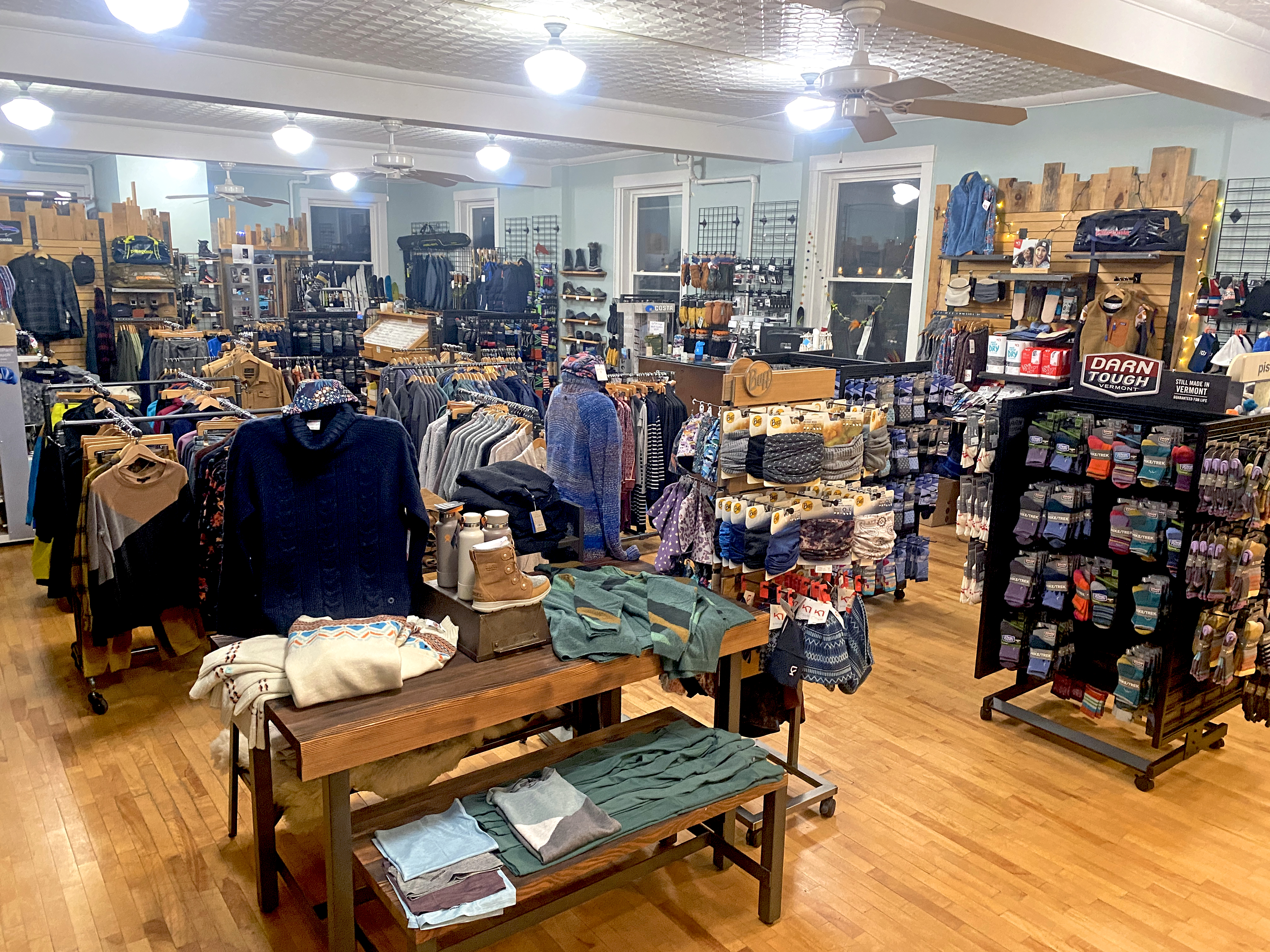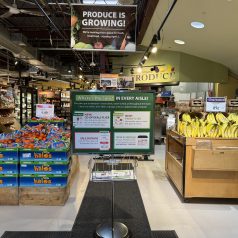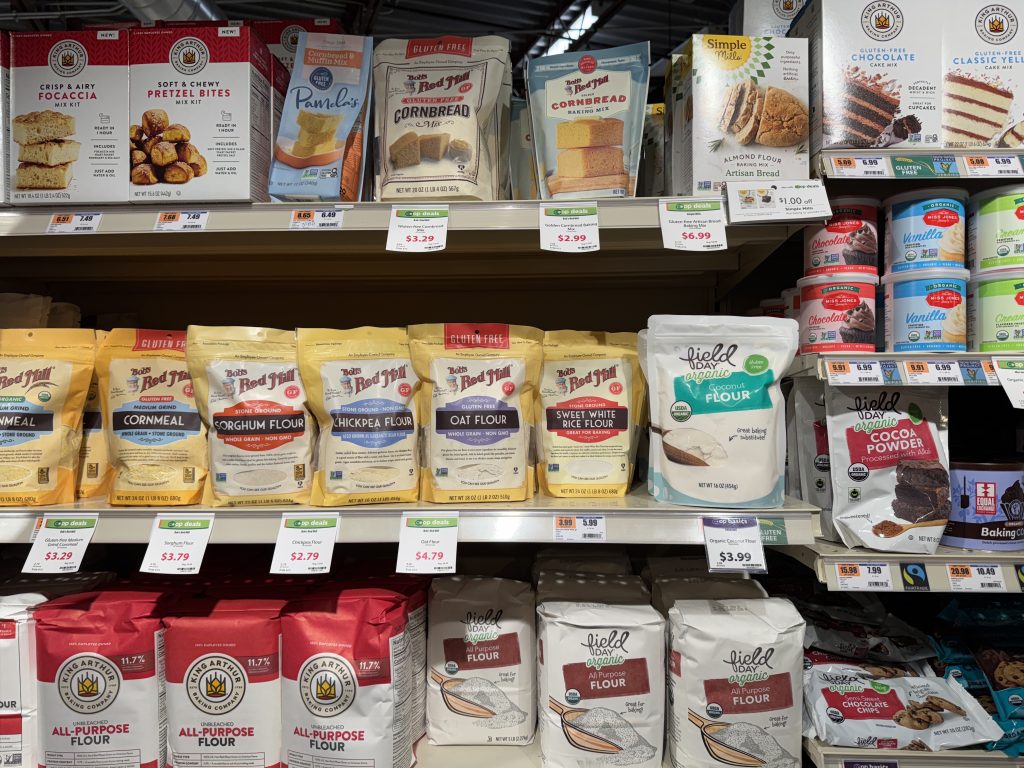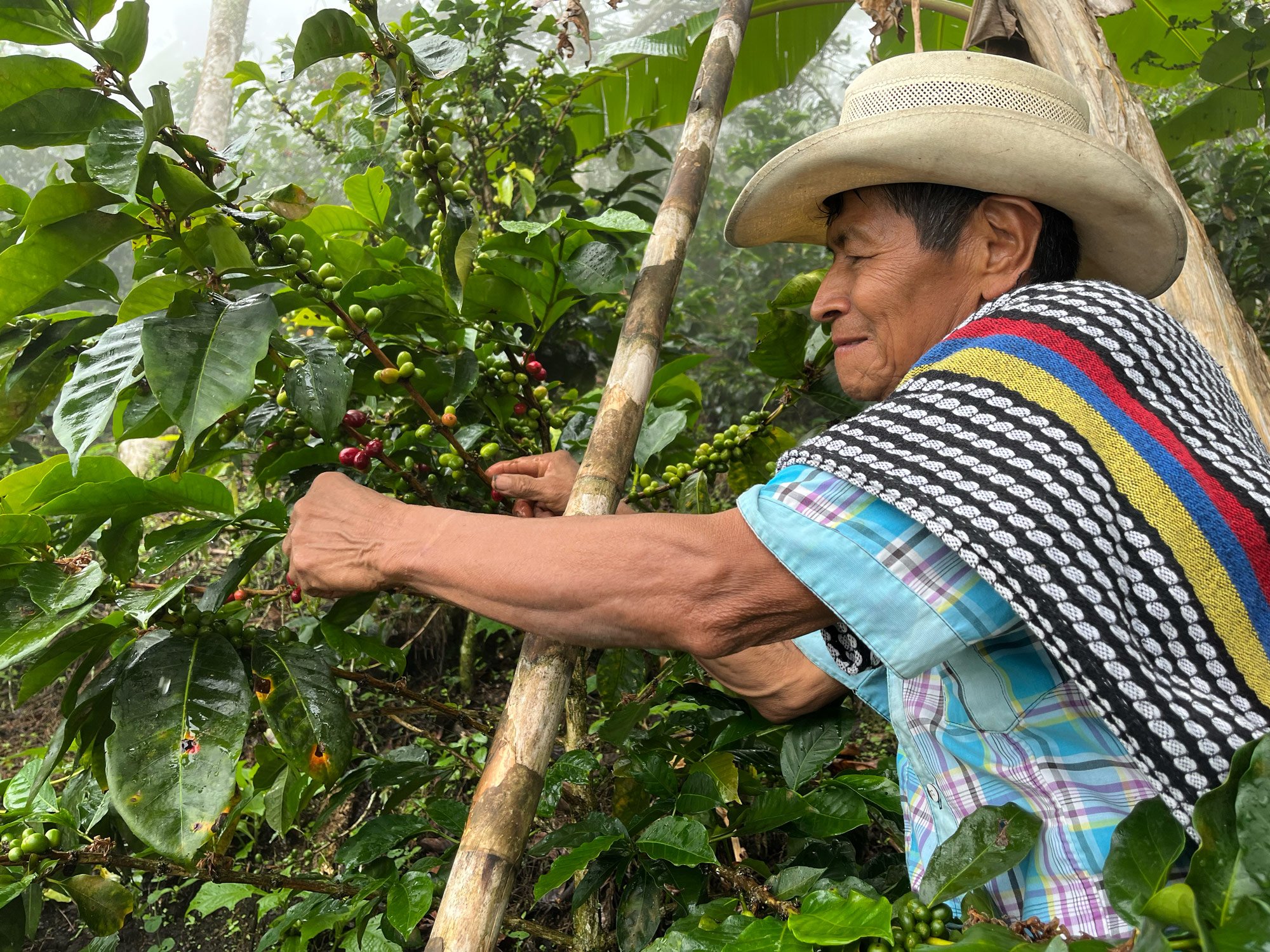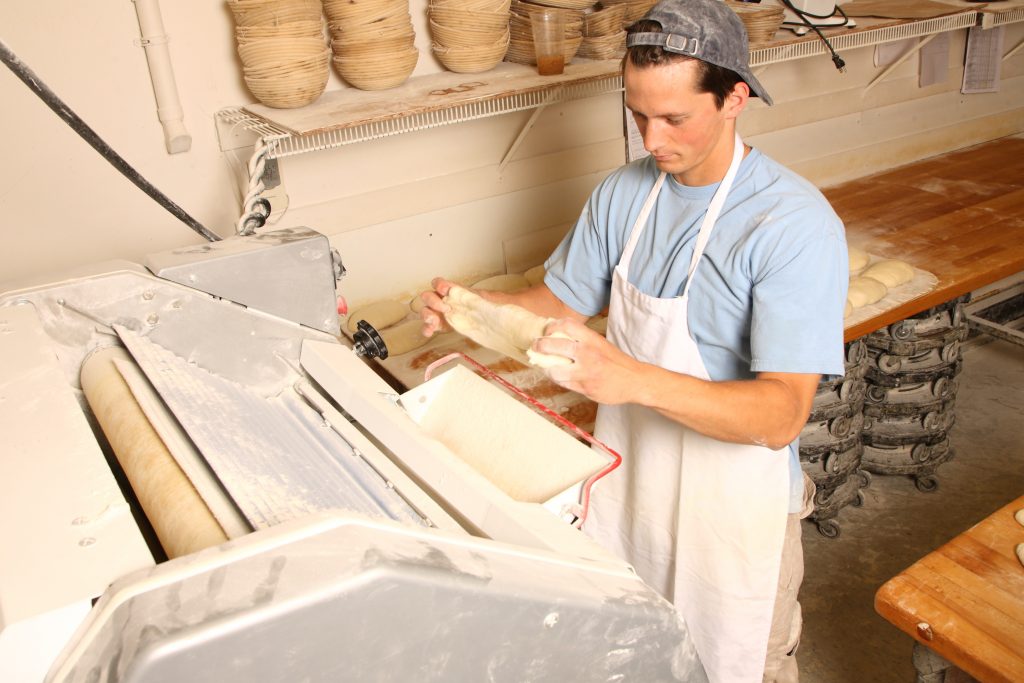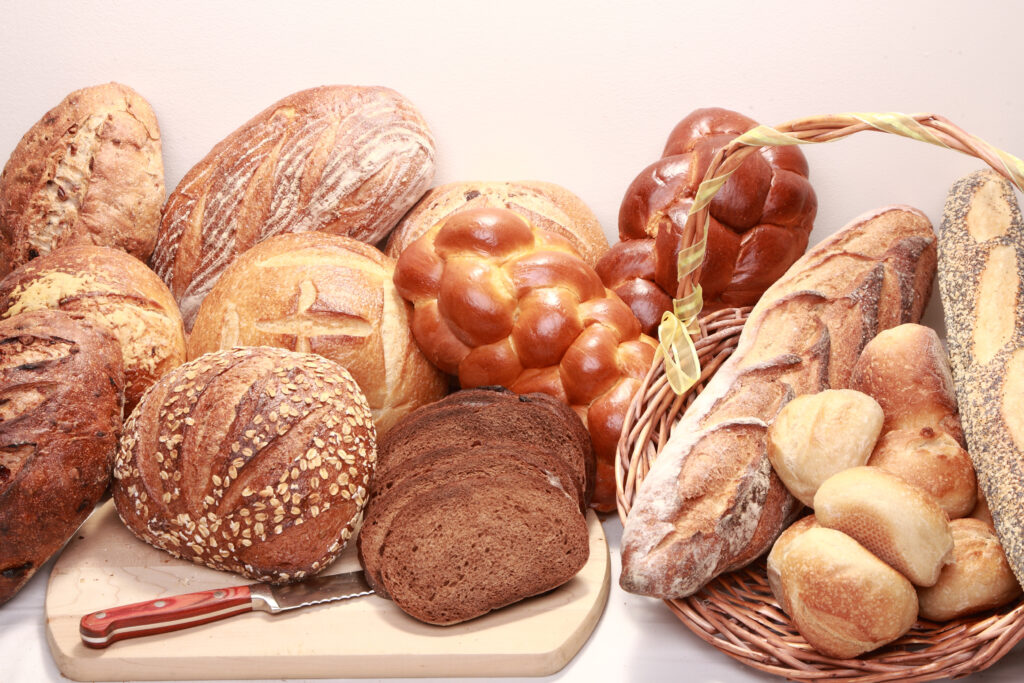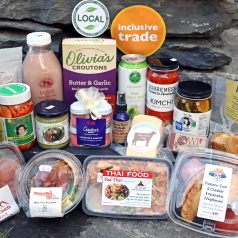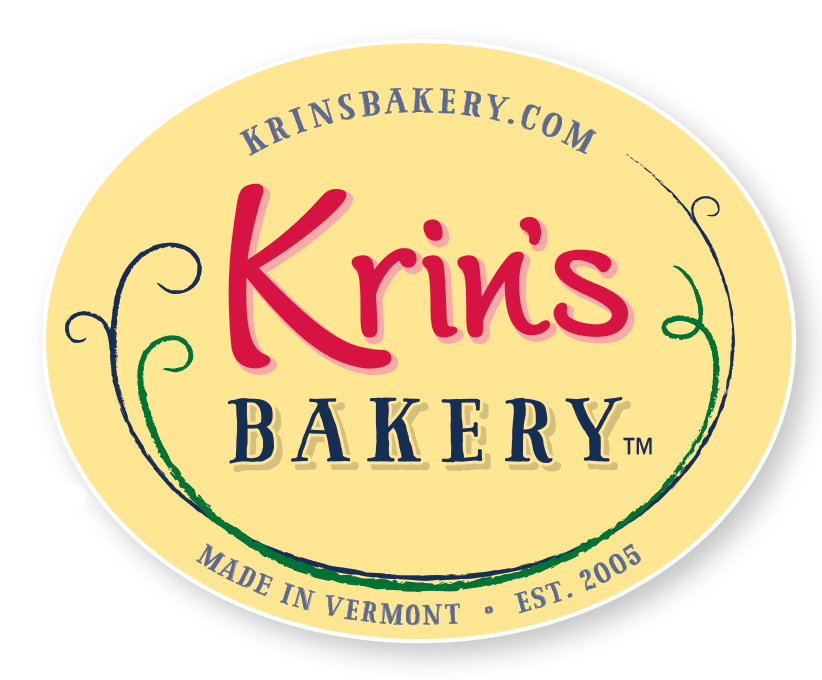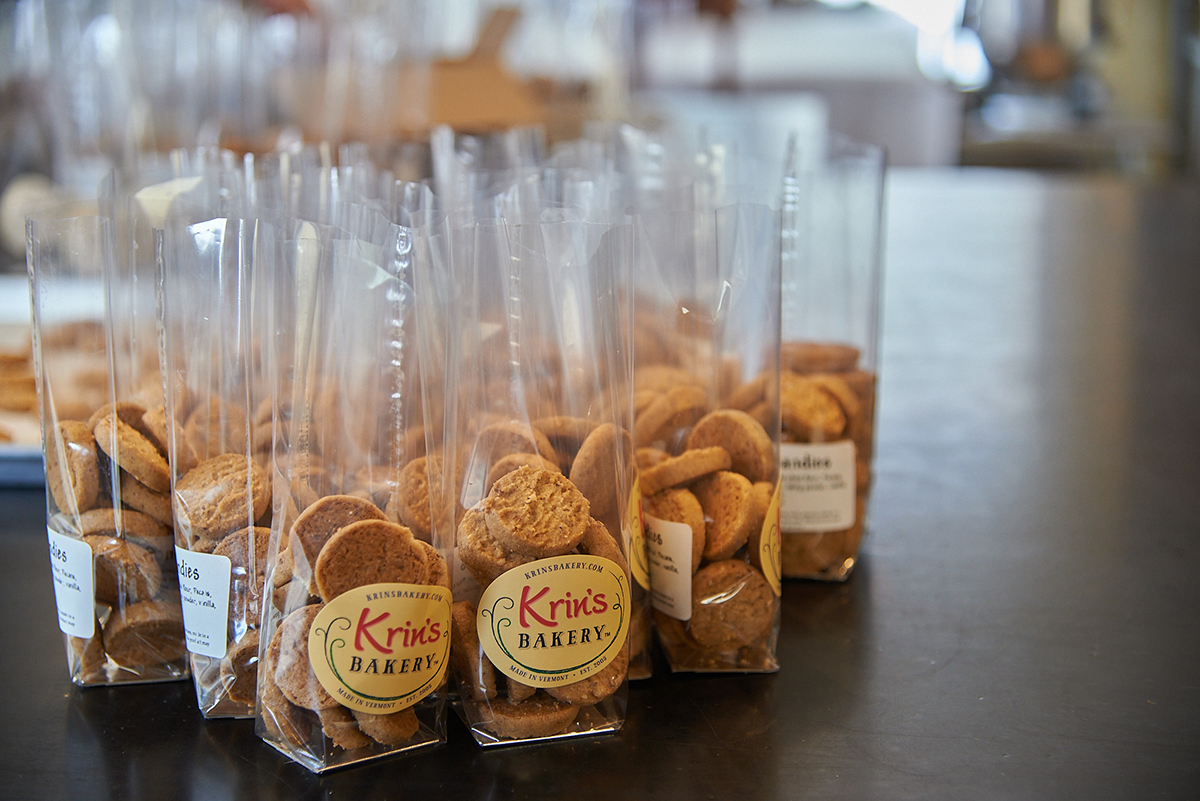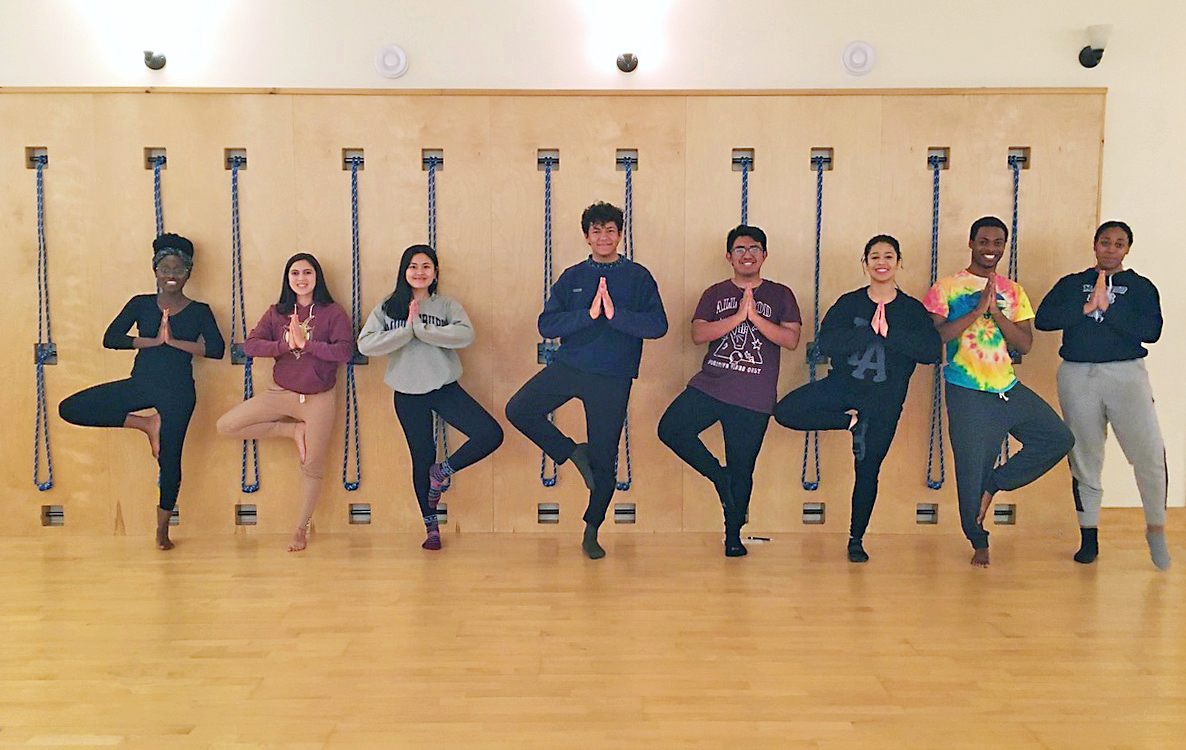
Business of the Month: Middlebury Fitness
We invite you to check out this month’s featured Co-op Connection Business — Middlebury Fitness! Flash your Co-op member-owner card and you’ll receive 50% off the enrollment fee and your first class or workout is FREE! Read on to learn more about what this community wellness center has to offer:
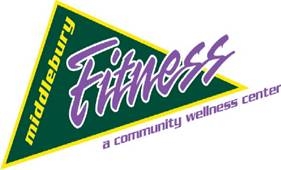
Middlebury Fitness is a community health and wellness center founded in 1997 that puts its members’ needs first. Their facility features a wide variety of the most current strength and cardio equipment by the leading brands in the industry. Is group fitness your thing? They offer a variety of live and remote programs and group fitness classes to meet the diverse and ever-changing needs of their member base, ranging from ages 13 to 93. Click here for their class calendar and descriptions. Other services and amenities include personal training, sport-specific athletic performance training, nutrition consultations with Registered Dietician Amy Rice of Champlain Nutrition Solutions, and more!

The crew at Middlebury Fitness is incredibly proud to be so active in this great community and annually receives recognition and awards for various initiatives. For the past four consecutive years, they have received the United Way of Addison County’s “Partner Award” for an annual event that has raised $60,000 for our local friends and families in need since 2014. Wow!! They were also the 2018 recipients of the prestigious BOB (Best of Business) award in the Health Club category by Vermont Business Magazine.
At Middlebury Fitness they understand that you have options when it comes to your health and fitness needs. They aim to meet and exceed their members’ expectations every day and believe they have some of the most attentive, caring, professional, and knowledgeable instructors, personal trainers, and staff you will find. Their ultimate goal at Midd Fit is to ensure that each of their members achieves their personal fitness goals while experiencing exceptional customer service in a supportive atmosphere of fun and camaraderie.
If you are a current member, they’d like to extend a sincere THANK YOU for being a part of the Midd Fit family! If you are not yet a member, please visit and let Middlebury Fitness guide you through your fitness journey today! And don’t forget to mention that you’re a Co-op member-owner!







